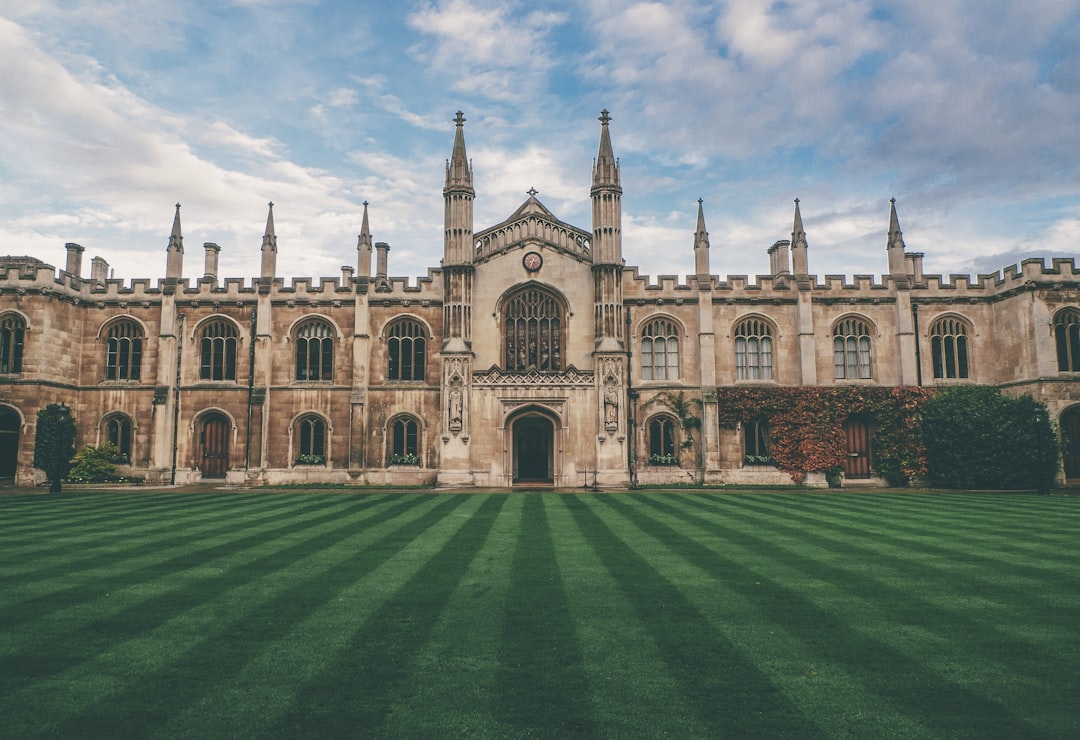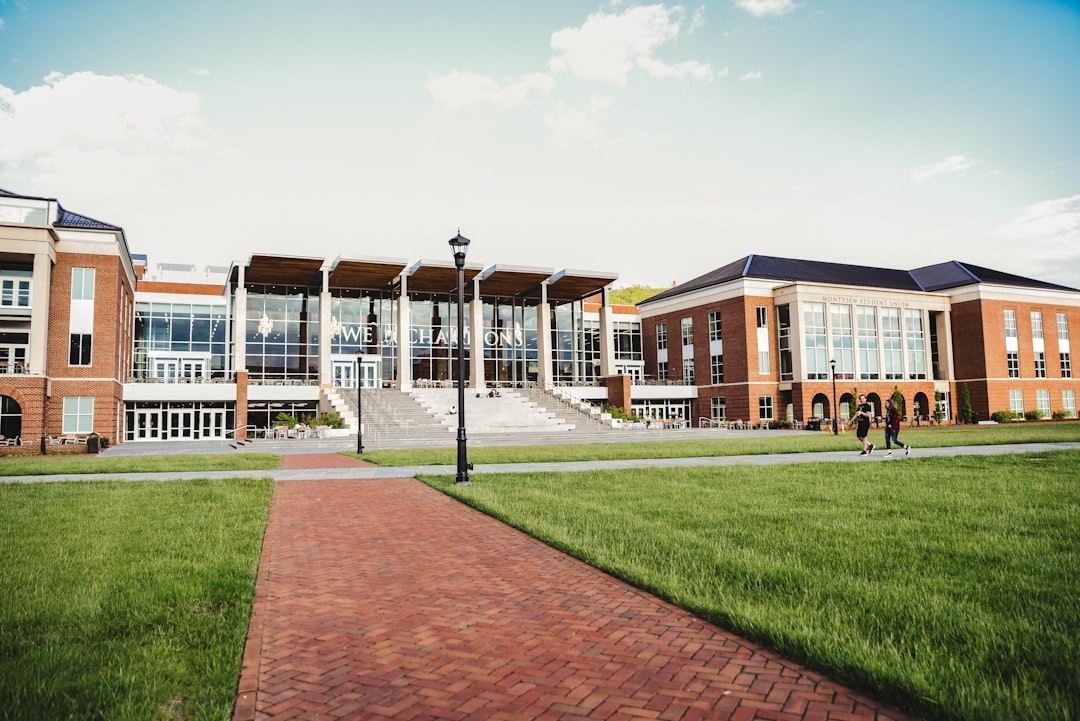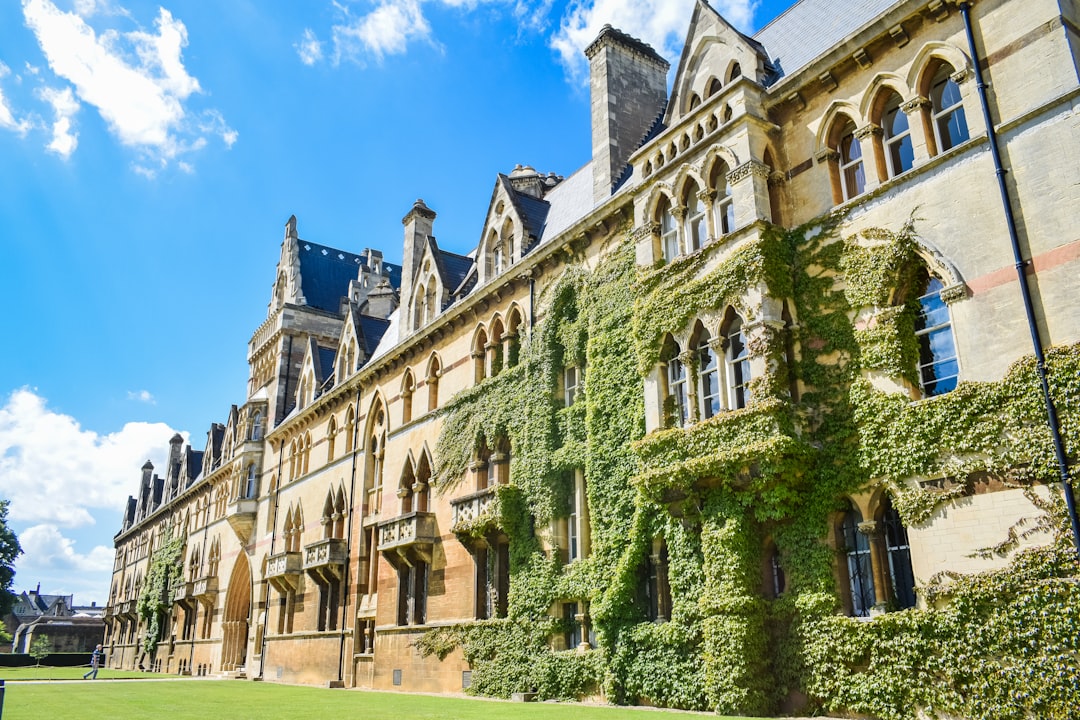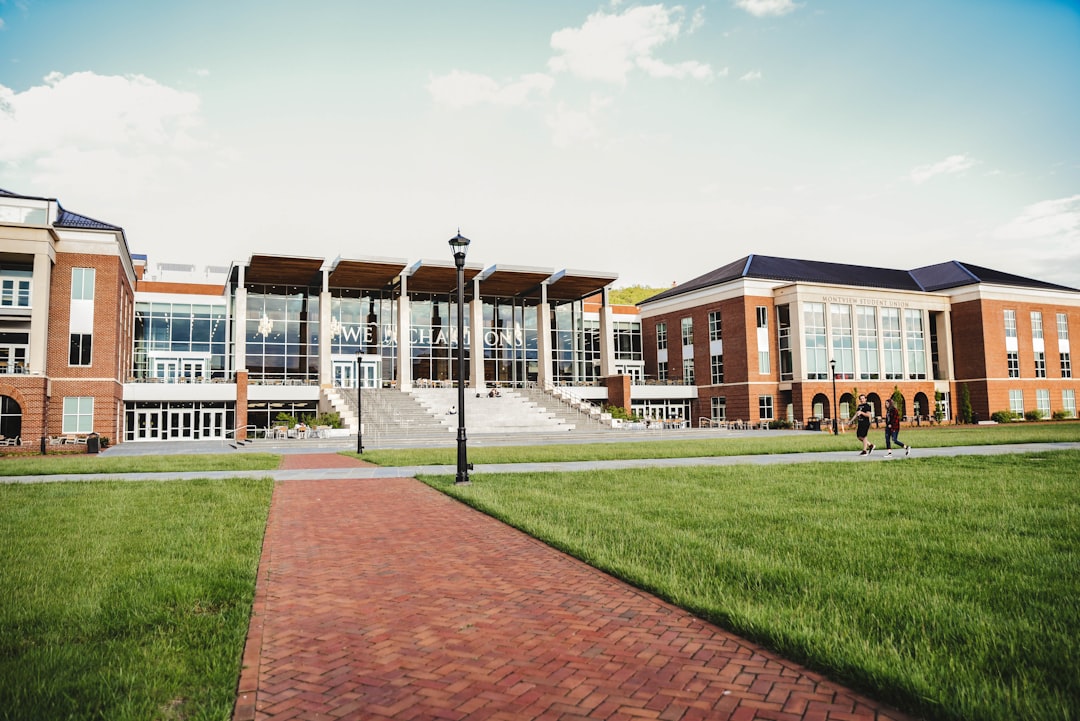In New York, hazing rituals often escalate into sexual abuse with serious legal consequences. Victims face unique challenges due to the sensitive nature of their experiences. Specialized hazing abuse lawyers are vital for advocating victims' rights, guiding them through civil lawsuits or criminal charges while protecting their privacy and well-being. These professionals, along with support from law enforcement, counselors, and peer groups, empower survivors to seek justice, hold perpetrators accountable, and initiate healing.
Legal Rights for Hazing Sexual Abuse Victims: Navigating for Justice in New York
Hazing, often associated with secretive rituals, can take a sinister turn when it involves sexual abuse. In New York, victims of such heinous acts face unique challenges when reporting and pursuing legal action. This article explores the intricate web of legal implications, from understanding hazing’s definition under New York law to the critical role of stakeholders like law enforcement and counselors. We delve into survivors’ rights, protection strategies, and effective approaches to ensure justice and healing for those who have endured this trauma. If you or someone you know is a victim, consulting a hazing abuse lawyer in New York can be a crucial step towards recovery.
Understanding Hazing and Its Legal Implications in New York

In New York, hazing is not just an initiation ritual; it’s a form of sexual abuse that carries significant legal implications. Often disguised as traditional coming-of-age practices, hazing can involve various acts, from inappropriate touching to non-consensual photography and extreme physical demands. When these actions are motivated by a power imbalance, such as in the context of group dynamics or authority figures, they escalate into sexual harassment or assault.
Victims of hazing abuse may face unique challenges when pursuing legal action due to the sensitive nature of their experiences. A hazing abuse lawyer in New York can play a crucial role in advocating for these victims, helping them understand their rights and navigate the legal system. They can guide victims through the process of filing civil lawsuits or pressing criminal charges against perpetrators, ensuring that justice is served while protecting the privacy and well-being of the survivors.
The Challenges Faced by Sexual Abuse Victims in Reporting Hazing

Many survivors of hazing-related sexual abuse face significant challenges when considering reporting their experiences to authorities or seeking legal recourse. The fear and trauma associated with such acts can make it incredibly difficult for victims to come forward, often leading to a culture of silence. This is especially prevalent in high-pressure environments like military academies, fraternities, or sports teams where hazing is tolerated or even encouraged.
Victims may struggle with feelings of shame, guilt, and embarrassment, making them reluctant to disclose the abuse. They might also worry about the potential consequences of speaking up, including retaliation from peers or authority figures. Additionally, legal procedures can be daunting, especially without proper support, as survivors need to navigate complex systems while reliving traumatic events. A hazing abuse lawyer in New York can offer crucial guidance and ensure that victims’ rights are protected throughout the process.
Navigating the Legal System: Rights and Protections for Victims

Navigating the legal system can be a daunting task, especially for victims of hazing sexual abuse. In New York, survivors have specific rights and protections available to them through various laws and regulations aimed at combating such heinous acts. A hazing abuse lawyer in New York can offer invaluable guidance, ensuring victims understand their legal standing and options. They can help victims file civil lawsuits against perpetrators or organizations responsible for creating a hazardous environment.
Victims’ rights include the ability to seek compensation for physical and emotional injuries sustained due to hazing-related sexual abuse. These laws also protect survivors from retaliation when they come forward, providing a safe space to report such incidents without fear of adverse consequences. New York’s legal framework is designed to empower victims, offering them a voice and justice in their pursuit to hold abusers accountable.
Roles of Key Stakeholders: Law Enforcement, Counselors, and Support Groups

When a victim comes forward about experiencing hazing-related sexual abuse, several key stakeholders play crucial roles in ensuring justice and support. Law enforcement officers are often the first point of contact for victims, providing immediate safety and initiating investigations to hold perpetrators accountable. Their prompt action is vital in preserving evidence and protecting potential witnesses.
Counselors and support groups offer essential emotional and psychological backing to survivors. They help victims navigate the legal process, provide therapy to cope with trauma, and connect them with specialized hazing abuse lawyers in New York. These professionals facilitate recovery by offering a safe space for sharing experiences, educating victims about their legal rights, and empowering them to take control of their healing journey.
Effective Strategies to Ensure Justice and Healing for Hazing Survivors

Many survivors of hazing-related sexual abuse face significant challenges in seeking justice and healing due to the sensitive nature of their experiences. Effective strategies must be implemented to support these individuals throughout legal processes and facilitate their journey towards recovery. One crucial step is for victims to connect with experienced hazing abuse lawyers in New York who understand the complexities of such cases and can guide them through the legal system. These attorneys can help navigate sensitive issues, ensure privacy, and provide the necessary support.
Additionally, establishing dedicated support networks and resources specifically tailored for hazing survivors is essential. This includes access to counseling services, peer support groups, and legal aid programs designed to address the unique needs of these individuals. By combining legal advocacy with compassionate support, survivors can find the strength to come forward, hold perpetrators accountable, and begin their path towards healing and justice.






